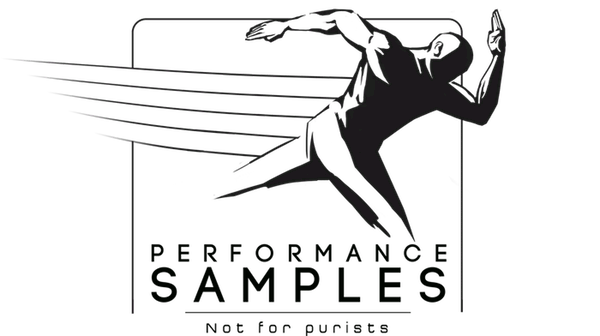Musical Backing Tracks for Sampling Sessions
By Jasper Blunk (Performance Samples)
Many years back, I started using musical backing (accompaniment) tracks on sampling sessions. These are essentially playback/accompaniment tracks for the musicians that are musical (but can’t necessarily be qualified as music, depending on their simplicity). It tends to give the musicians (listening on their headphones, while being conducted) a bit more musical purpose and energy as they perform the sampling score. Depending on configuration, it can also help serve as a live intonation reference, giving them something to harmonize or counterpoint against.
I’ve created & recorded a small catalogue of backing tracks for my sampling sessions. Here is an example of one of the more notable ones.. I wrote a track called Sunrise at one point, that was actually a sampling backing/accompaniment track disguised as a piece of music.
I recorded Sunrise in 4 keys, then pitch-shifted it +1/-1 in order to have options for every pitch. I’ve used this backing track on tons of my sampling sessions – for sustains, repetitions, legatos, and more – often speeding it up or even slowing it down. It can be kind of rough sounding, but it works for what I’m using it for.
Here’s an example of how I sometimes use it for active-bow sustains, demonstrating four pitches.
I’m considering doing a write-up about Oceania II’s techniques, so at the risk of spoiling some things from that future article, here’s one example of how I used backing tracks (in a a very simple way) on Oceania II. They’re performing phrases here, elements of which I chopped out and timed, in tandem with other performance-sourced elements, to build the library (which is still in post-production). The backing track helped with tightness within the ensemble and general energy.
I tend to use musical backing tracks when I can (which isn’t always, for a variety of reasons, mostly time). They’re not magic, but they help. That could probably be said about a lot of these techniques. While they have some level of significance in a vacuum, they’re most powerful as part of a broad, holistic performance-sampling mindset, with a lot of different things at play (from pre-production, through recording and post-production/QA). Ultimately, it really helps to not just know the technique, but also know why you’re doing it — so you can evolve it.
Originally posted 13-Feb-20 / Edited 13-Feb-20
